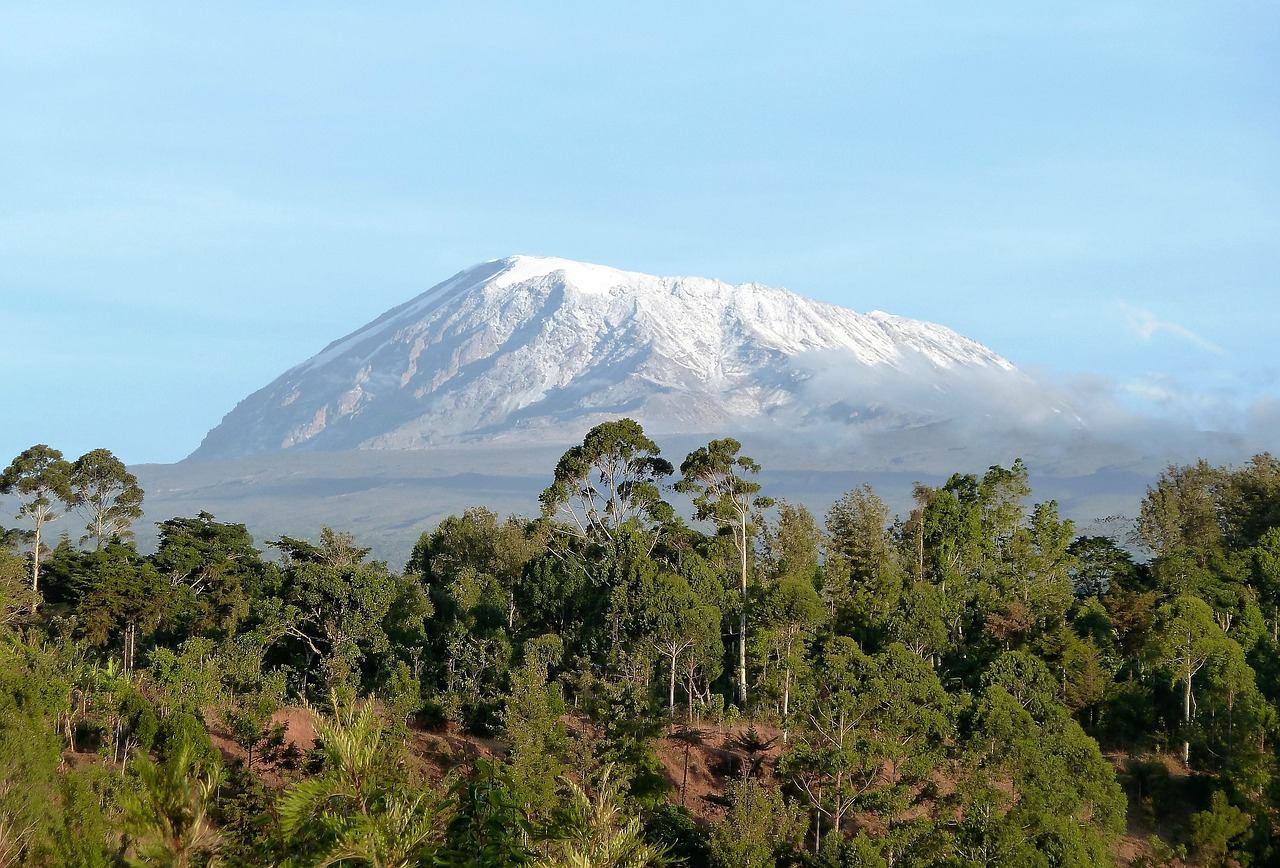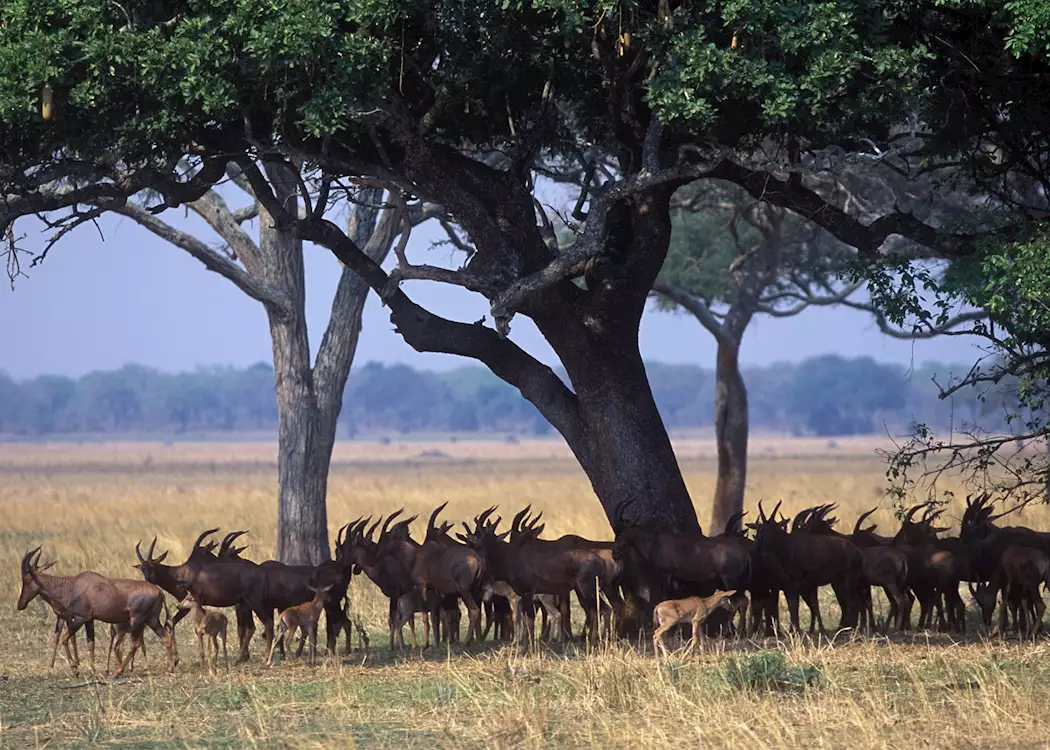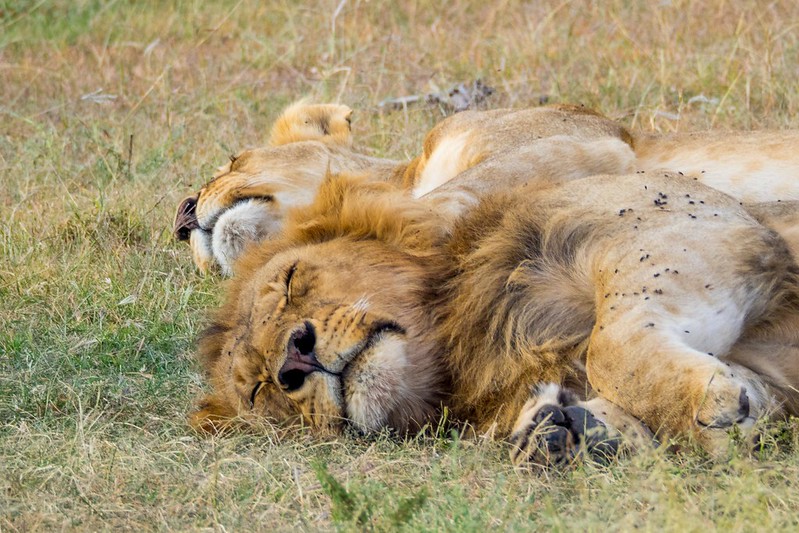The main reason people travel to Africa is to see the wildlife, but they also come for the amazing culture, landscape, and adventure. Annually, millions of tourists flock to African safaris from all over the world, hoping to get a close-up look at the animals featured in National Geographic documentaries like The Lion King. You’ll be astounded by the varied and magnificent animals you see on your next safari, even if tigers and bears aren’t found in Africa proper.
An African safari offers the opportunity to see a wide variety of wildlife in their natural habitats. Here’s a detailed explanation of what you might encounter:
The Big Five
The term “Big Five” refers to the five most difficult animals to hunt on foot, but today it represents the most sought-after wildlife for viewing on safaris.
- Lion: Known as the “king of the jungle,” lions are often seen in prides and are a highlight of any safari.
- Leopard: Elusive and solitary, leopards are often found lounging in trees.
- Elephant: The largest land animals, elephants are known for their intelligence and social structures.
- Rhinoceros: Both black and white rhinos can be seen, though they are endangered and rare.
- Cape Buffalo: Often found in large herds, they are known for their unpredictable nature.
Other Common Animals
- Giraffe: Recognizable by their long necks, giraffes are often seen grazing on treetops.
- Zebra: Known for their distinctive black and white stripes, zebras are commonly found in herds.
- Cheetah: The fastest land animals, cheetahs are often seen in open plains hunting during the day.
- Hyena: Often misunderstood, hyenas are skilled hunters and scavengers, known for their laughing calls.
- Hippo: Found in rivers and lakes, hippos are surprisingly dangerous despite their calm appearance.
- Wildebeest: Famous for their migration, wildebeests are often seen in large numbers.
- Crocodile: These large reptiles are typically found in rivers and waterholes, waiting to ambush prey.
Various Species of Antelope
- Impala: Agile and graceful, impalas are common prey for predators.
- Gazelle: Smaller and fast, gazelles are found in open plains.
- Kudu: Known for their twisted horns, kudus are often seen in wooded areas.
- Eland: The largest of the antelope species, elands are more reclusive.
- Springbok: Known for their impressive leaps, springboks are found in southern Africa.
Primates
- Baboons: Often seen in large troops, baboons are social and intelligent.
- Vervet Monkeys: Small and agile, vervet monkeys are common in many parts of Africa.
- Colobus Monkeys: Known for their distinctive black and white fur, they are more arboreal.
Birds
- Ostrich: The largest birds, ostriches are flightless and often seen running across the plains.
- Secretary Bird: Recognizable by their long legs and unique hunting style.
- African Fish Eagle: Known for their striking appearance and distinctive call.
- Vultures: Essential for the ecosystem, vultures clean up carcasses.
- Flamingos: Often seen in large flocks, especially in alkaline lakes.
Reptiles
- Monitor Lizards: Large and adaptable, monitor lizards can be found near water.
- Chameleons: Known for their color-changing abilities, chameleons are often found in trees.
The specific animals you see can vary based on the location of the safari. For example:
- Serengeti National Park in Tanzania is famous for the Great Migration of wildebeest and zebras.
- Maasai Mara in Kenya is known for its high concentration of lions.
- Kruger National Park in South Africa offers a chance to see all of the Big Five and a wide variety of other wildlife.
- Okavango Delta in Botswana is rich in biodiversity, offering sightings of rare and endangered species.
An African safari offers an unparalleled opportunity to witness the diverse and majestic wildlife of the continent in their natural habitats. From the iconic Big Five to the myriad of other fascinating animals, each safari presents unique encounters and unforgettable experiences. Whether it’s observing the intricate social structures of elephants, the stealth of a leopard, or the sheer spectacle of the Great Migration, the wonders of an African safari leave a lasting impression on all who embark on this adventure. The rich biodiversity and stunning landscapes ensure that every safari is a unique and awe-inspiring journey into the heart of the wild.







